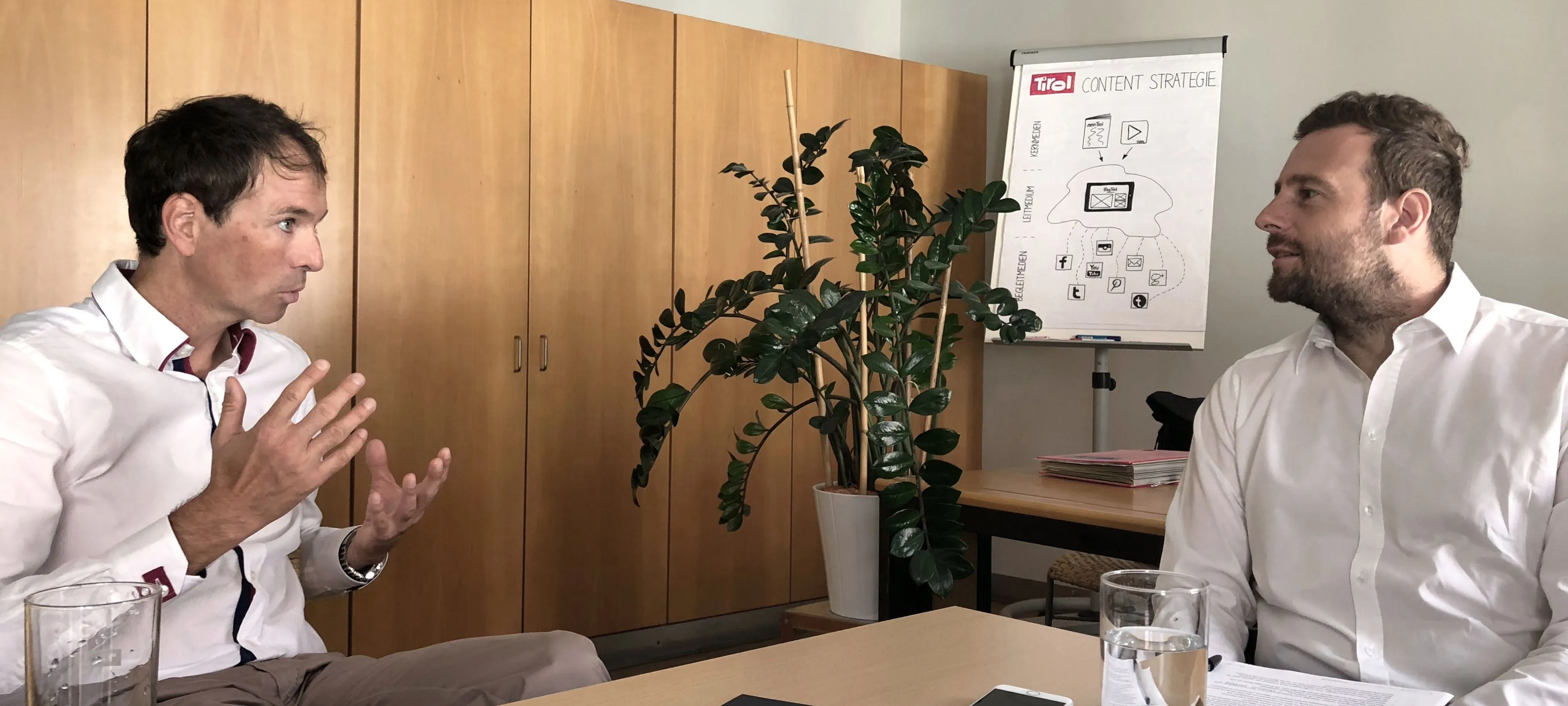
In Conversation with Eckard Speckbacher, Tirol Werbung

Learn how Tirol Werbung is successfully expanding its communication through innovative online marketing strategies and content production.
From Experiment to Strategic Content Marketing
<div class="article_quote"><div class="article_quote_contain"><div class="article_quote_quote">"We fight against forgetting every day."</div><div class="article_quote_name u-text-style-main">Eckard Speckbacher</div></div></div>
Mag. Eckard Speckbacher heads the content department at Mediahaus Tirol, the newly reorganized communications department of Tirol Werbung. The central editorial office produces all content for the most important channels such as the website, blog or advertising material, manages all relevant social media platforms and plans online campaigns. In an interview with Joachim Leiter, Managing Director and Senior Consultant for Digital Strategy at ADDITIVE, Speckbacher talks about the development of Tirol Werbung's online marketing, the importance of content in the various communication channels, and future strategies for his department.
<h3 class="interview-question">Mr. Speckbacher, you have been with Tirol Werbung for almost 20 years and have thus been directly involved in the digital transformation of the company. How have you experienced this time?</h3>
The transition from offline to online marketing was actually very smooth. When Facebook was founded in 2004/2005/2006, the management decided to set up a separate online marketing department, which I worked on together with a colleague. The first step, parallel to the creation of the website, was the activation of a Facebook account. Since no one could predict how this trend would develop, the first few years were characterized by experimentation and testing, as well as attempts to gradually professionalize the area. At the same time, however, Tirol Werbung stuck to the classic marketing mix. In the early years, we concentrated on online campaigns, especially display campaigns. In general, we were strongly influenced by Tiscover, which was part of Tirol Werbung at the time.
<h3 class="interview-question">So in 2005 you were already on Facebook?</h3>
Yes, because there was already an account of a private person that we took over with 7,000 fans. That was gradually built up, and now we have half a million fans. We've been at a turning point with Facebook for a few months now, so we're looking at new options.
<h3 class="interview-question">This brings me to the subject of smartphones: In the Alpine region, the real revolution in this field has been a long time coming. After the first IPhone devices from Apple in 2007 and the Android alternatives in 2009/2010, mobile use developed rather cautiously until 2014, while overseas the thesis "The future is mobile" prevailed. What did you think of this period? Did you see an immediate change in marketing?</h3>
At that time there were no applications for users, there were still few sites optimized for mobile. There was an attempt on the part of Tirol Werbung to get closer to mobile devices, but at the same time we observed that people in Central Europe were more reluctant to use devices than in the US, UK or Scandinavian countries, for example. This limited use was also reflected in content production. The first big step for Tirol Werbung was the mobile-optimized, responsive website in 2012. This was quickly followed by other steps. In the meantime, we are only pursuing a mobile orientation.
<div class="article_quote"><div class="article_quote_contain"><div class="article_quote_quote">"One-to-one communication was already a buzzword back then, but living this buzzword is still a challenge today."</div><div class="article_quote_name u-text-style-main">Eckard Speckbacher</div></div></div>
<h3 class="interview-question">So you see the real revolution in the 2000's in social media and Facebook?</h3>
Exactly, this rethinking about Facebook and its importance for communication in general: from print to web, from web 1.0 to web 2.0, etc. One-to-one communication was already a buzzword then, but living this buzzword is still a challenge today.
<h3 class="interview-question">Which milestone in online marketing was the biggest step or the biggest opportunity for Tirol Werbung?</h3>
Almost 4 years ago, it was decided that in online marketing, content could no longer be separated from technology or digital. "Digital" is nothing more than a hollow buzzword, online marketing is about content. For us, managed communication is digital per se and must be derived from content and the creation of meaning for the customer. This is the reason for the reorganization of Tirol Werbung with the Media House as a separate communication department or as a central control unit. There is no longer a digital or online department, but a content department.
Social Media and Sustainable Customer Loyalty
<div class="article_quote"><div class="article_quote_contain"><div class="article_quote_quote">"We develop empathy for the customer by taking a close look at the numbers and the content; this is how we create relevance and can inspire the customer."</div><div class="article_quote_name u-text-style-main">Eckard Speckbacher</div></div></div>
<h3 class="interview-question">What content is created for what areas? How is it prepared for cross-channel use?</h3>
In the course of the strategic orientation towards content and content, it was determined that our storytelling can best be promoted via BlogTirol. In the meantime, there is also the print magazine "Mein Tirol" with extensive stories. The social media channels function as ancillary media. The strategic orientation is defined by the main topics such as hiking, biking, etc., this summer, for example, specifically "long-distance hiking". Since the beginning of the year, we have been working intensively on the focus of Instagram stories: we publish high-quality stories with a strong editorial character and our own corporate identity. These posts are very time-consuming and labor-intensive. In addition, there is constant quality control and development: this is the only way to really deliver value to customers. We develop empathy for the customer by paying close attention to numbers and content. This is how we create relevance and inspire the customer.
<h3 class="interview-question">A story on BlogTirol has many positive effects, also in the area of search engine optimization. But how do you achieve sustainability via Instagram?</h3>
We produce three relatively elaborate Instagram stories per week; over time, our users expect this quality. Sustainability therefore lies precisely in the expectation: the user subscribes to our channel and feels well entertained. He is thus connected with us even on the days when he is not in Tyrol. It is also clear that if we stop reporting and broadcasting, we will quickly be forgotten. That's how our communication landscape is: we fight against forgetting every day, not just against over-information.
<h3 class="interview-question">Social media posts, or content production in general, is about visibility, brand, communication, customer engagement, entertainment. Is user engagement also a key objective?</h3>
Absolutely, you can see this right away if you look at our Facebook page, for example: It's no longer primarily about reach, but about engagement. It's about the post being shared and generating further interactions. After changing the FB algorithm, it would be unaffordable to achieve the same visibility as a few years ago or to achieve it through accompanying advertisements. We need to try to reach out through creativity, commenting and sharing content to get the most organic reach possible.
<div class="article_quote"><div class="article_quote_contain"><div class="article_quote_quote">"It is important for us that the content is equally relevant not only to guests but to locals. This is evidenced by the numbers: Posts that resonate well with locals also perform well with guests, and vice verca."</div><div class="article_quote_name u-text-style-main">Eckard Speckbacher</div></div></div>
<h3 class="interview-question">In an interview three years ago you described Blog Tirol as the "leading medium of Tirol advertising": has anything changed in this respect?</h3>
Or has the blog been replaced in importance by the already mentioned print magazine "Mein Tirol"?[/question]There is no weighting of the different formats, they have to be coherent and never separate from each other. It is difficult to integrate a format like the magazine into the overall communication. The magazine is so easy to consume: the user needs time to read the articles, which are nevertheless very demanding. Another challenge is that, as a print product, Mein Tirol is positioned against the zeitgeist, but at the same time it is ahead of its time. In this way, it once again stands for the spirit of the times. With the blog, on the other hand, we spread useful information to a greater extent and reach many more people. The blog allows us to express our opinions and communicate in the most targeted way possible, for example with best-of lists, which are helpful and at the same time generate a high number of hits.It is important to us that the content is relevant not only to guests but also to locals. We write for guests AND locals alike. The numbers prove it: Posts that are well-received by locals are well-received by visitors, and vice versa.
The Future of Content Marketing at Tirol Werbung
<h3 class="interview-question">Augmented reality, chatbots, voice search, voice assistants, live content, marketing automation, and one-to-one communication are dominating online marketing headlines in 2018. Are you already feeling these technologies, or are some of these innovations already being applied and implemented?</h3>
We are observing them, but still feeling them more on the periphery. It is important to show interest and curiosity in these topics. In my opinion, there is no way around voice assistants, for example. At the moment, 90% of them are not usable or useful, but the development is still in its infancy. First there is hype about a new technology, then the whole thing is put into perspective, and what finally catches on brings new benefits.
<h3 class="interview-question">Is Tirol Werbung's mission to be at the forefront here?</h3>
It is important to see technology as a means to an end and not to panic at every new technology: Where do we see opportunities to solve problems for our customers? Where does it add value for us? Be specific: We are not building our own voice assistant here at Tirol Werbung, but we are upgrading our website for voice recognition and preparing the ground for a "headless web".
<div class="article_quote"><div class="article_quote_contain"><div class="article_quote_quote">"The existing classical parts of our communication have to be conveyed with a storytelling approach and, above all, one-to-one communication has to be better implemented."</div><div class="article_quote_name u-text-style-main">Eckard Speckbacher</div></div></div>
<h3 class="interview-question">What strategies will Tirol Werbung pursue in the next 2-3 years? Which topics will be the focus?</h3>
That's a long time. I prefer to concentrate on the areas in which we still have some catching up to do, or on what is currently occupying us: Namely, that we position ourselves even better in this new constellation and tell even better stories in a concentrated form across marketing. The existing classic parts of our communication need to be conveyed with a storytelling approach and, above all, one-to-one communication needs to be better implemented. We want to get closer to our goal of addressing each customer directly and individually, with the right technology in the background.
<h3 class="interview-question">Can you elaborate on that?</h3>
We need to bring the existing data management into a modern view and control much more in real time. At the moment, the various data are stored in different systems: we want to bring them together in a single daily dashboard. This way, we are no longer tied to seasonal campaigns, but can act on a daily basis without wasting information as soon as the customer contacts us.
<h3 class="interview-question">In the year 2025, what will your main tasks be?</h3>
(grins) To be honest, I have no idea. Looking back, I never would have predicted that all marketing would be so content-driven. It's been an exciting and challenging few years, from the first digital steps through social networks to today's main task of achieving pure, much better user-centricity. This will also be the main challenge for the future: to put the user more in the center thanks to modern possibilities.
<h3 class="interview-question">Finally, which country or region do you see as leading the way in terms of good content preparation and communication?</h3>
The Nordic countries and the US: both create user-centric content in a simple, natural way. They communicate very well.
<h3 class="interview-question">Are they role models for the tourism industry??</h3>
We at Tirol Werbung tend to look at communication outside the industry, because tourism in the USA, for example, is organized differently, without the support of public funds, and therefore cannot be compared. But in countries like Sweden or Norway, you can look at role models in the tourism industry: Gothenburg or the Faroe Islands are good examples: They prepare the content of their websites very authentically, with a clear view of the North, or synchronously implement their style from design to communication. Even smaller regions without large budgets are working innovatively: It is simply a matter of being close to the people.
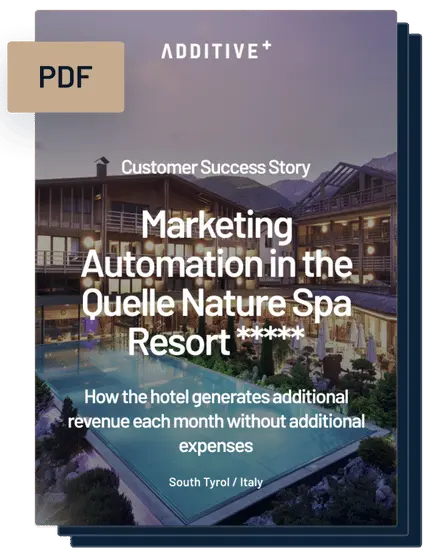






.jpg)

.jpg)
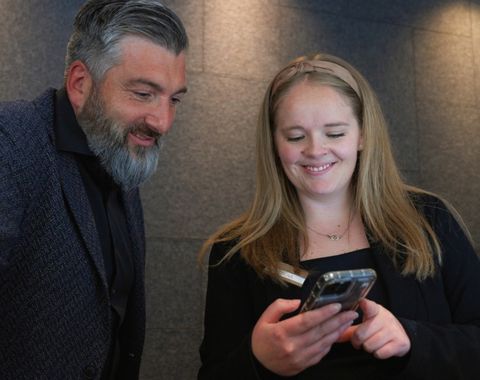
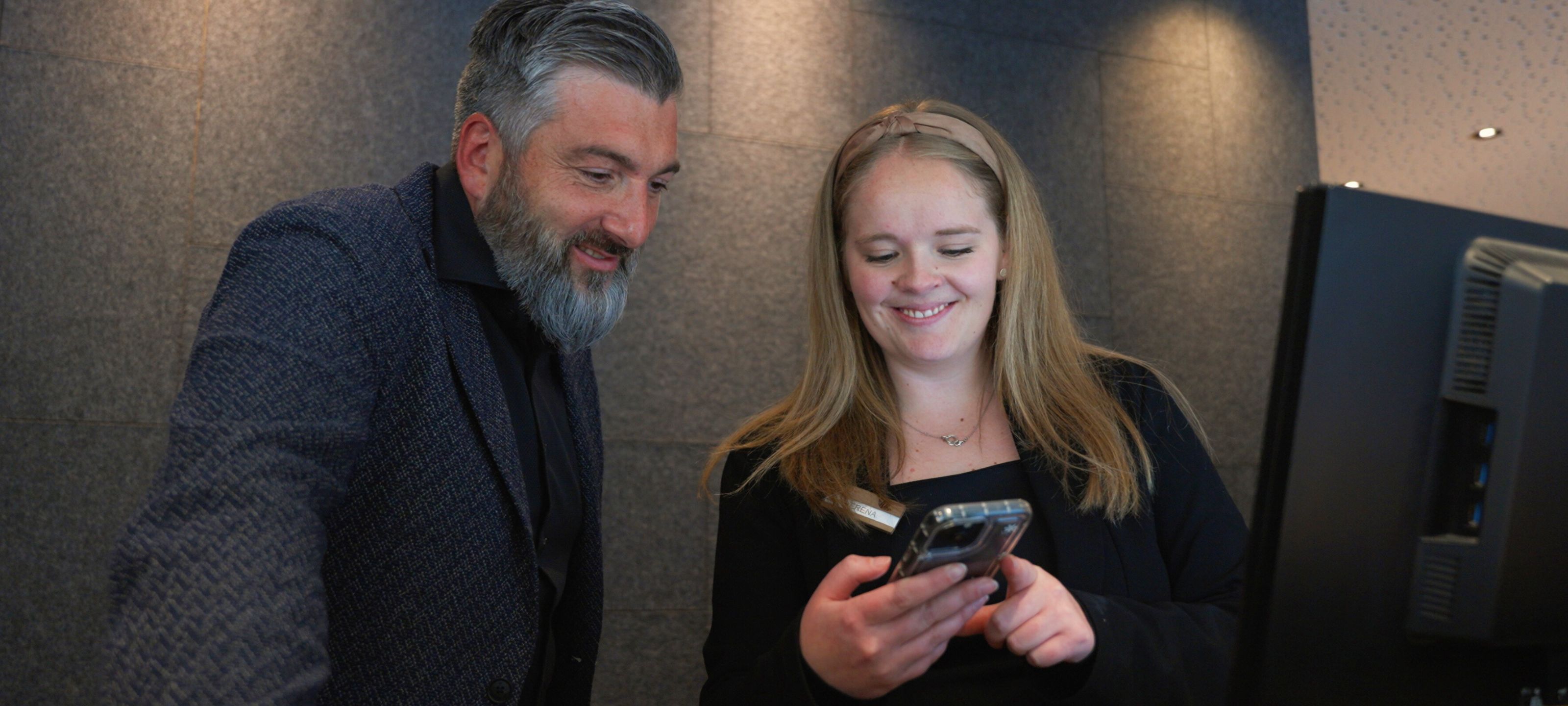
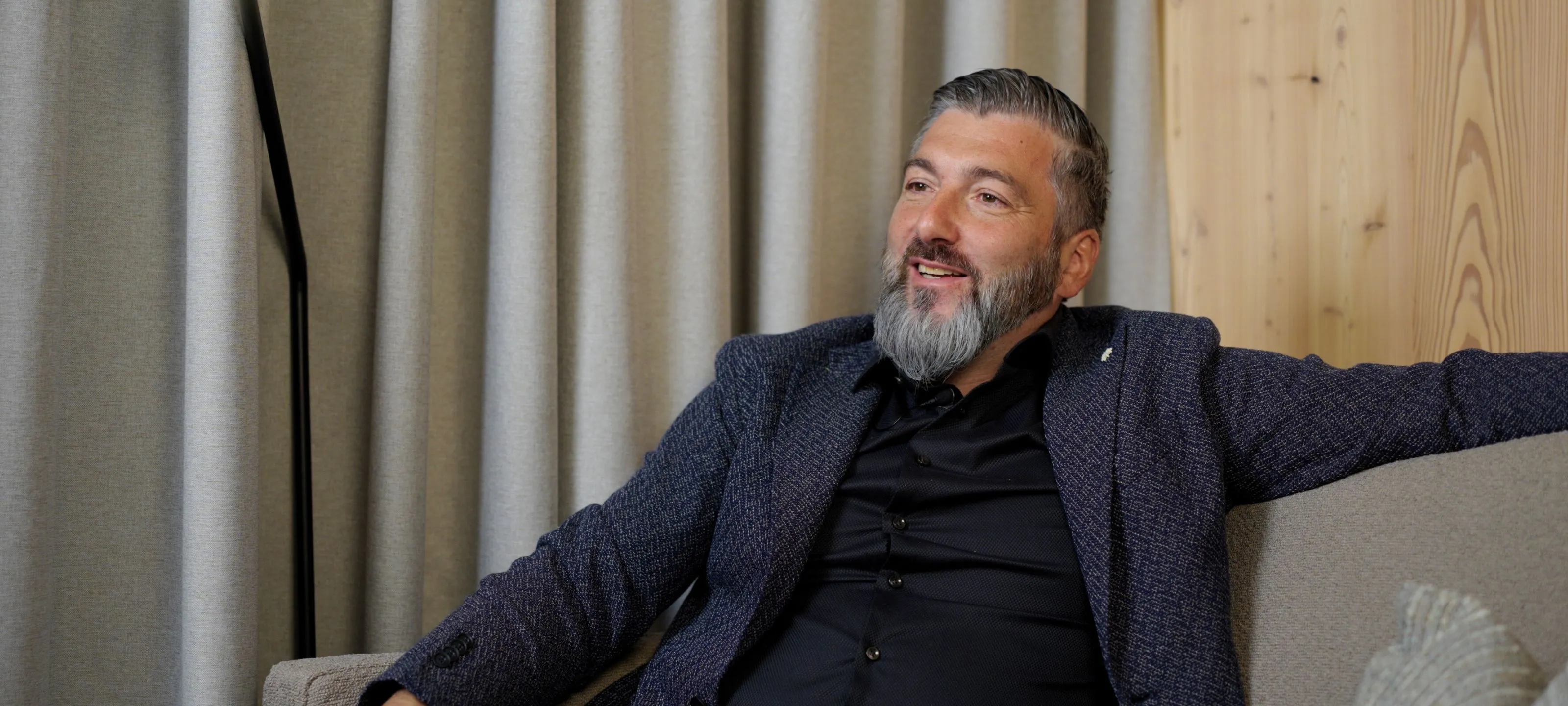
.webp)
